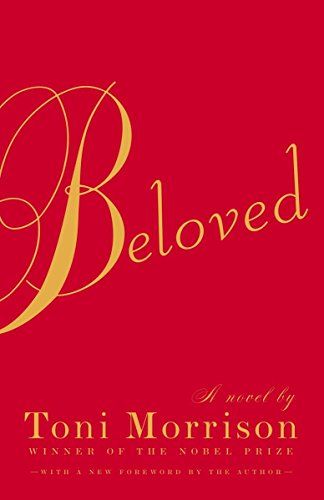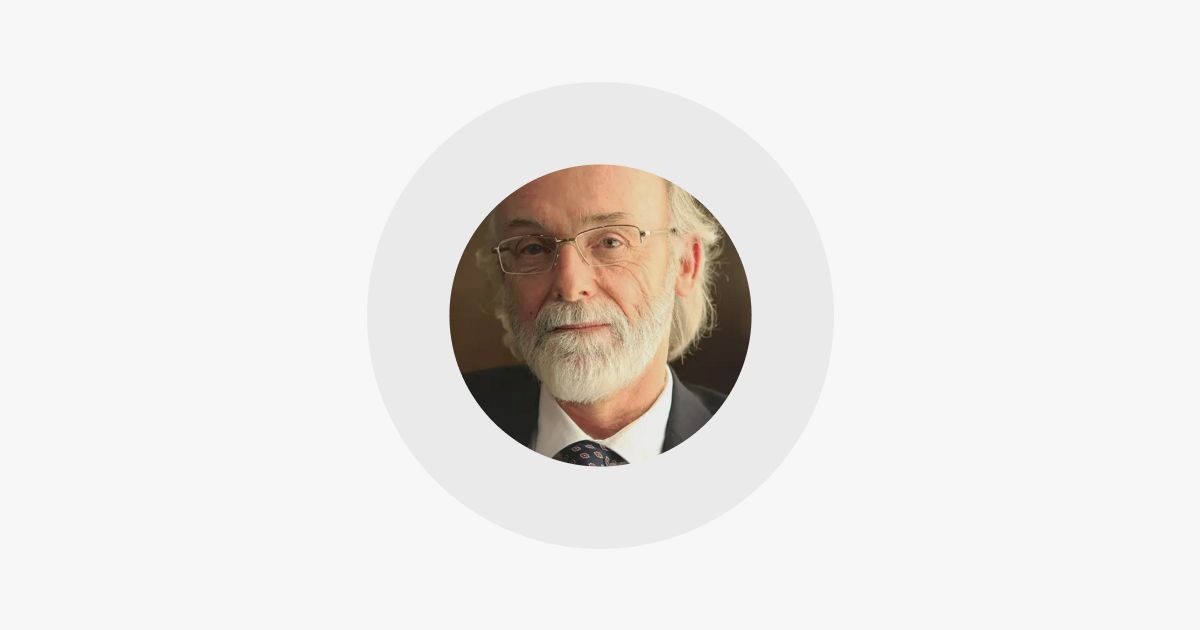Shelf Life: Honorée Fanonne Jeffers

Welcome to Shelf Life, ELLE.com’s books column, in which authors share their most memorable reads. Whether you’re on the hunt for a book to console you, move you profoundly, or make you laugh, consider a recommendation from the writers in our series, who, like you (since you’re here), love books. Perhaps one of their favorite titles will become one of yours, too.
“I’ve written essays for about 20 years now, and they are fueled by my intellectual fascinations with culture, history, womanhood, literature, and the origins and meanings of ‘race’ in this nation,” says Honorée Fanonne Jeffers, whose latest book, an essay collection called Misbehaving at the Crossroads: Essays & Writings, is out now. “I place ‘race’ in quotation marks because it doesn’t really exist as a biological reality, yet it’s a concept that has actual consequences for many in the United States.”
After writing five award-winning volumes of poetry, Jeffers published her debut novel, the generation-spanning The Love Songs of W.E.B. Dubois (which she thought would be a beach read and took 11 years to complete) in 2021. The book was long-listed for the National Book Award and won the National Book Critics Circle Award as well as the Dayton Literary Peace Prize, and it earned a spot in Oprah’s Book Club in addition to President Barack Obama’s annual favorite books list.
After the novel’s success, Jeffers says, “finishing a collection of essays seemed a natural progression for my writing journey. But then my mother died, which raised the emotional stakes on what being an intellectual even meant—and revealed how Mama had influenced me as a writer, thinker, and woman. [Misbehaving at the Crossroads] greatly changed on the other side of grief.”
With the essay collection, Jeffers says she “wanted to humanize what it means to be a Black woman who holds feminist principles dear. So many times, Black women who struggle against oppression—against patriarchy and racism—are characterized as tough or mean or angry. To call yourself a Black feminist is to elicit confusion: What’s a Black feminist anyway? How’s that different from being a mainstream feminist? I try to answer those questions in the book and through stories about my life; somehow show that Black feminism also connects with being a utterly vulnerable human being. Yes, I’ve struggled against these big systems of racism and patriarchy—and yes, I get angry sometimes—but I’m still a tender woman filled with plenty of love. And I wanted to reveal those parts of myself that are frightened or wounded, even as I have tried to move in courageous ways.”
The Indiana-born, North Carolina- and Georgia-raised bestselling author earned her undergraduate degree at Talladega College (where her mother, who once taught Alice Walker, was a professor); received her creative writing M.F.A. from the University of Alabama; once met James Baldwin, who knew her father, a poet in the Black Arts Movement; canvassed for Jimmy Carter in 1976; writes in longhand; is a self-described introvert; runs the Substack “Critical Thinking 101”; is a vegetarian and (“slow”) runner; and appears in the Stamped from the Beginning Netflix documentary.
Good at: research (her poetry collection The Age of Phillis—about Phillis Wheatley Peters, the first African-American author to publish a book of poetry—required 15 years of research); writing more than one book at a time; waking up early naturally.
Bad at: housekeeping; being a holiday person.
Fan of: the artist Carrie Mae Weems; the painting “Mecklenburg Morning” by Romare Bearden; Chaka Khan’s NPR Tiny Desk Concert; Ava DuVernay; 22k gold jewelry; the Alabama sun.
Peruse her book recommendations below.
The book that:…made me weep uncontrollably:Oh, hands down Ann Patchett’s Bel Canto! I’ve read it twice, and the first time, I was so overtaken emotionally with her gorgeous language—and I don’t know, some kind of mojo that she has—that I started crying. Then I felt faint and had to lie down for a nap. That is the first time that ever happened to me.
…I recommend over and over again:The Collected Poems of Lucille Clifton, 1965-2010. That lady sure knew she could work some wisdom and beauty into a poetic line.
...shaped my worldview:In Search of Our Mothers’ Gardens by Alice Walker allowed me to see a brilliant Black woman (other than my mother) hold forth on literature and culture and politics. It is an absolutely amazing book.
…I swear I’ll finish one day:War and Peace by Tolstoy. I read a few pages each year, but it’s so long! I know I have my nerve talking about long books, because my first novel is 797 pages! But War and Peace is, like, three times as long as my novel. (In my defense, I did finish Anna Karenina, though.)
…I’d pass on to a kid:I have passed on The Left Hand of Darkness by Ursula K. Le Guin to students of mine. It’s inventive, it’s courageous in terms of gender depiction, and it’s one of those novels that features the wondrous inventions that fans of science fiction love, alongside the character development that fans of literary fiction require.
…I last bought:Kyle T. Mays’s An Afro-Indigenous History of the United States. I love me a good history book, especially one that can surprise me with information only a handful of folks understood before the book was published.
…has a sex scene that will make you blush:My friend Kennedy Ryan sent me the galley of her book Can’t Get Enough, which chronicles a romance between two African-American characters. There are three truly naughty scenes in the novel, which I enjoyed not only for—ahem—obvious reasons, but also, I just adore Black folks kissing and hugged up with and heart-loving on each other. There’s not a lot of that on television in this country, so at least I can get that from Kennedy’s books.
…helped me become a better writer:Edward P. Jones All Aunt Hagar’s Children. The way that man can work four flashbacks and seven instances of character development into one paragraph only 200 words long is just a miracle.
…should be on every college syllabus:An American Marriage by Tayari Jones is a novel that humanizes the United States’ carceral crisis. It’s told from the point of view of three characters who are affected in different ways by the false imprisonment of a Black man.
…I’ve re-read the most:I have read Toni Morrison’s Beloved seven times. It’s the most difficult novel I’ve ever read in terms of structure—so many twists and turns—but I love it so.
…I consider literary comfort food:Daddy was a Number Runner by Louise Meriwether is a Y.A. novel that I loved as a kid and which I return to whenever I want to revisit why I became a writer.
…I never returned to the library (mea culpa):This is so horrible, but my daddy borrowed Ernest J. Gaines’s short story collection Bloodline from a library in San Francisco like 60-plus years ago, before I was even born. I have it on my bookshelf right now. I keep saying I should return it, but I’m pretty sure the library has replaced it by now.
…makes me feel seen:Sister Outsider by Audre Lorde says all the hardcore Black feminist things that I needed to know as a young woman trying to understand myself in a world that didn’t always like me.
…features the coolest book jacket:Yellowface by R.F. Kuang must have the coolest—and, possibly, the most courageous—cover I’ve ever seen. It’s political and sly and just gave me all the feels. When I first saw the cover, I exclaimed, “Hell yeah!”
…I asked for one Christmas as a kid:Alex Haley’s Roots was the book that I remember asking for as a Christmas gift. I buddy-read that book with my daddy. (However, to keep it completely real, I also asked for a non-book gift: an Easy-Bake Oven, which I never received because Daddy was convinced it emitted radiation! I still get unreasonably irritated whenever women of my age mention they had an Easy-Bake in childhood.)
Bonus question: If I could live in any library or bookstore in the world, it would be:Librairie Présence Africaine in Paris. It’s a Black-owned bookstore that I know my late mother would have loved: she spoke fluent French. I imagine that if I ever make it to heaven, Mama and I will roam the shelves of that bookstore and I’ll read snippets of books aloud to her, like I used to as a little girl.
The literary organization/charity I support:Kweli Journal has been described as The Paris Review for writers of color. The founder and executive director Laura Pegram is a tireless literary citizen. I give a small donation every month to Kweli, and then, whenever I get a little extra money, I always give some more.
elle




















